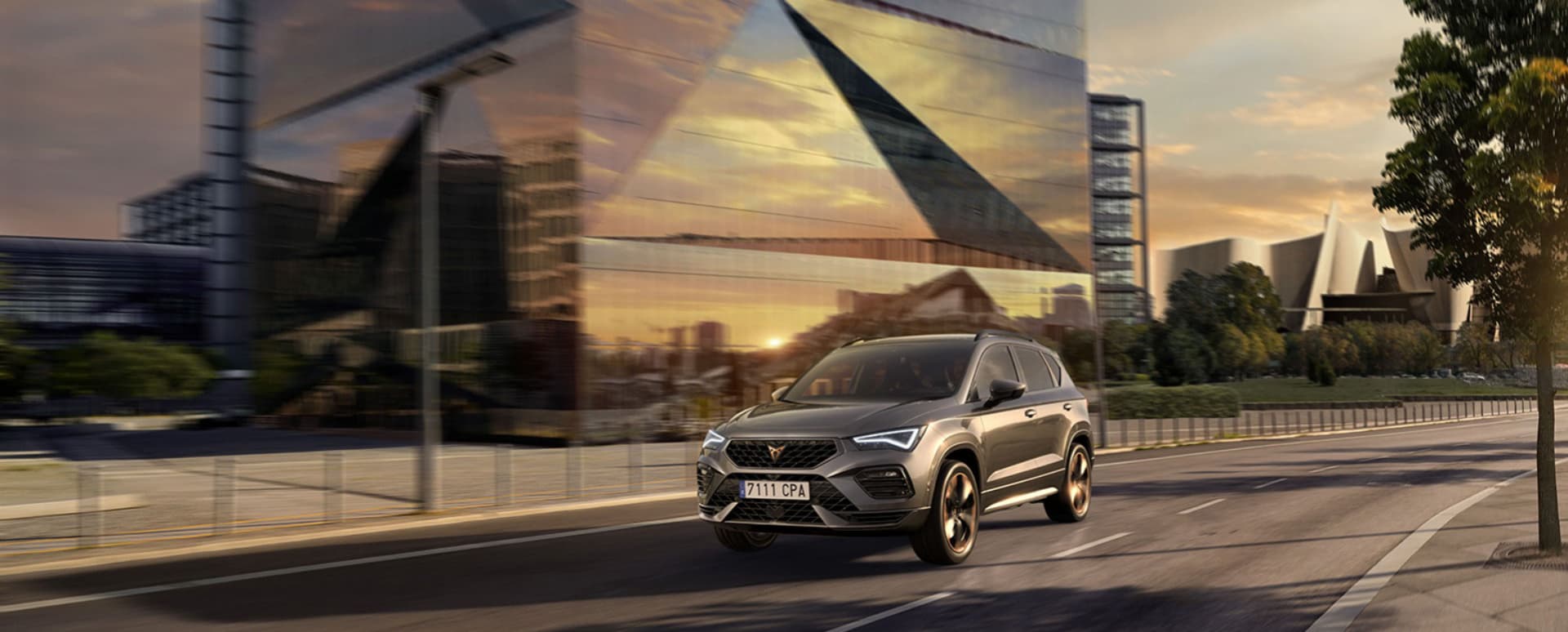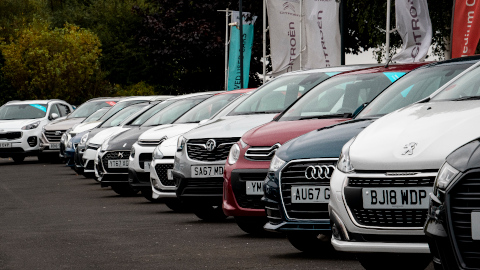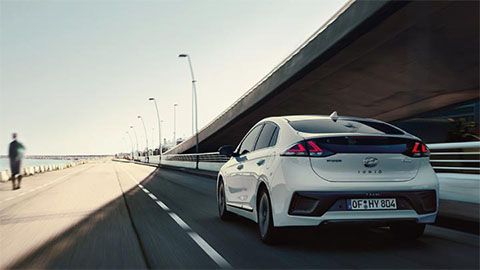PCP Finance Explained
Over the past few years, people have been opting to use finance to purchase their vehicles in the UK. One of the most popular choices is the personal contract purchase, also known as PCP. Unlike other contracts, PCP gives you three options at the end of term that best fits your necessities.
This guide will walk you through the process of PCP, list what you need to be accepted, and point out some of the agreement terms you should pay extra attention to.
Contents
- What is PCP?
- Who is PCP for?
- How does PCP work?
- What are the options at the end of the PCP agreement?
What is PCP?
Personal Contract Purchase, also known as PCP, is a finance solution used to spread out the cost of vehicle purchase. It requires a deposit, followed by monthly payments and at the end of term you can either choose to make the final payment (called Balloon Payment), trade it in for a new vehicle or return it and end the contract at no extra cost.
Who is PCP for?

This loan is aimed at people who are looking to pay lower monthly instalments for their vehicles and want to have options at the end of the contract.
How does PCP work?
The first step is getting a credit check (Creditworthiness Assessment). This will analyse if you’ll be able to afford the instalments across the years of contract based on your personal finances. It will also analyse your credit risk, in other words, the chances of you not paying the PCP monthlies. This will be used to define the amount you can borrow for the loan.
After the credit check is sorted you can move on to discuss the deposit. The industry standard is 10 percent of the value of the vehicle, but it can vary. The deposit can be paid in cash, you can use an old vehicle for part exchange, or both. The thing to keep in mind here is the lower the deposit, the higher the monthly payments are going to be.
Before signing the contract you will also be shown the GMFV (Guaranteed Minimum Future Value). The GMFV is an estimate of how much the car you’re purchasing will be worth at the end of the contract and is the value the balloon payment will be based on.
The length of PCP agreements can vary depending on your affordability. It usually runs from 24 to 60 months (2 to 5 years).
After everything has been discussed, paid and contract has been signed you will pay fixed monthly instalments for the duration of the contract.
What are the options at the end of a PCP agreement?

The flexibility at the end of the contract is what attract people the most. The three options at the end of the agreement are:
Balloon Payment
This is where you make the final payment based on GMFV and take full ownership of the vehicle. After that, you’re no longer under a PCP contract and don’t have any further monthly fees to pay.
Get another PCP agreement
This is a great option for those who like to change cars frequently. The current car will be returned to the dealership, and another vehicle will be purchased based on a new PCP agreement. The fixed monthly instalments will continue, but no deposit will be required.
Return the car
This option is simple and for those who no longer have the need or want to keep a car. After the final monthly instalment is paid, the vehicle has to be returned to the dealership and there will be nothing left to be paid.
Contract terms to keep in mind
There are some terms in the agreement you should keep in mind. Most contracts will limit the amount of miles you can do a year. Going over the allowed mileage may accrue an extra charge at the end of term.
The up-keep of the vehicle is at your cost (unless otherwise agreed) and any damages that exceed the normal wear and tear of the vehicle, including scratches, will be charged on top of the balloon payment.
Positive and negative equity
If you have ever shopped for a house you’ve probably heard about positive and negative equity. The same principle applies to vehicles purchased on finance schemes such as PCP and HP. In a few words, negative equity is when you have to pay more for the final payment of your contract than your asset is worth.
For example: You want to buy a car that is worth £10,000 today and decide to get it on a PCP agreement of 36 months. You will be expected to pay an amount, based on GMFV, as the balloon payment if you wish to gain ownership of the vehicle at the end of the contract.
If, during these 36 months, your vehicle depreciates in value more than the balloon payment, you’ll be in negative equity.
The opposite could also happen. The car could gain value throughout the years. If when you reach the contract the car is worth more than the balloon payment you’ll be in positive equity.
It’s important to keep this in mind because it may affect the choices you have at the end of the contract. If at the end of the agreement, the car has depreciated more than the balloon payment, you won’t have equity to carry over to a new PCP contract and a new deposit will be needed.
It’s crucial to plan your personal finances throughout the years, so you’re not out of options when reaching the end of your term.
Are you ready to find your new car?
At Evans Halshaw, we offer PCP agreements across a wide range of brands on used and new cars. The PCP finance can be arranged online or over the phone. For a quotation, help, or advice contact your local dealership and ask to speak to one of our Business Managers.





